Cameroon is on edge following a violent outbreak of unrest after a ruling party office was set ablaze in the western city of Dschang on Wednesday, intensifying the crisis that has engulfed the country since last week’s disputed presidential election. The office of the Cameroon People’s Democratic Movement (RDPC), the long-dominant party led by 92-year-old President Paul Biya, was completely destroyed in the blaze, which many see as a symbolic act of defiance against Biya’s 42-year rule. Images of the burning building quickly spread across social media, igniting fresh tensions and fears of a broader political confrontation.
The unrest comes as opposition candidate Issa Tchiroma Bakary, a former minister under Biya’s government, has declared himself the winner of the presidential election, claiming widespread vote rigging and manipulation by state institutions. Tchiroma, who leads a coalition of opposition parties, has accused the ruling party of orchestrating systematic fraud to extend Biya’s decades-long grip on power. He called on the incumbent to concede defeat and allow a peaceful transfer of power, a call that was swiftly rejected by the RDPC leadership.
In response to the Dschang attack, Jean Nkuete, Secretary General of the RDPC, issued a firm statement condemning the violence and vowing to “initiate legal action against those responsible.” He described the arson as a deliberate act meant to destabilize the nation and undermine the credibility of the electoral process. The government has since increased security presence in major urban centers, warning that any acts of destruction or public disorder will be met with swift legal consequences.
However, despite these warnings, protests erupted across several cities, including the economic capital, Douala, where demonstrators took to the streets demanding transparency in the vote count. Witnesses reported scenes of chaos as protesters erected burning barricades and clashed with security forces. Police fired tear gas and deployed water cannons to disperse the crowds, leading to dozens of arrests near the offices of the election management body.
Authorities in the Wouri department, where some of the largest demonstrations took place, condemned the unrest and appealed for calm. The prefect urged citizens to “allow competent authorities to handle electoral disputes through legal channels,” emphasizing that violence would only deepen divisions in an already polarized country.
The escalating crisis comes at a critical moment for Cameroon, as the nation awaits the official election results, expected to be announced by the Constitutional Court on October 26. Analysts have long predicted another victory for President Biya, who remains the world’s oldest sitting head of state and has maintained a tight grip on power since first assuming office in 1982. His administration, however, has faced growing criticism over corruption, economic stagnation, and an ongoing separatist conflict in the Anglophone regions that has left thousands dead and displaced hundreds of thousands more.
Tchiroma’s bold self-declaration as the winner represents the most serious challenge to Biya’s rule in decades. His campaign drew unprecedented support from younger voters and urban elites frustrated by decades of political inertia and economic inequality. By uniting several opposition factions under a single coalition, Tchiroma managed to build momentum that many believed could finally unsettle Biya’s dominance. Yet, with several opposition figures barred from running and allegations of voter intimidation widespread, international observers have expressed concern over the fairness and transparency of the electoral process.
The torching of the RDPC office underscores the volatile mix of anger, frustration, and mistrust currently gripping Cameroon. For many citizens, it is not just about one election but about the broader demand for change in a country where the same leader has ruled for more than four decades. Social media platforms have become battlegrounds for competing narratives, with pro-government voices condemning what they call “an attempted coup by the opposition,” while Tchiroma’s supporters argue that the election marks a breaking point for a weary nation yearning for democratic renewal.
The crisis also has regional implications, as Cameroon remains a key player in Central Africa’s stability and a frontline state in the fight against extremism in the Lake Chad Basin. Western governments and regional bodies, including the African Union and the Economic Community of Central African States (ECCAS), have urged restraint and called for transparent handling of the electoral process. Diplomatic observers fear that escalating tensions could further strain the fragile peace in parts of the country already suffering from conflict and economic hardship.
As the nation anxiously awaits the Constitutional Court’s verdict, the atmosphere remains charged, with both camps claiming victory and neither side showing signs of compromise. The coming days could prove decisive for Cameroon’s political future—whether it moves toward a peaceful resolution or plunges deeper into unrest will depend on the ability of leaders on both sides to prioritize national stability over personal power.
For now, the smoldering remains of the RDPC office in Dschang stand as a stark symbol of a nation at a crossroads, where decades of political dominance are colliding with an increasingly vocal demand for change. The outcome of this election dispute could define not only the legacy of President Paul Biya but also the democratic trajectory of Cameroon for generations to come.


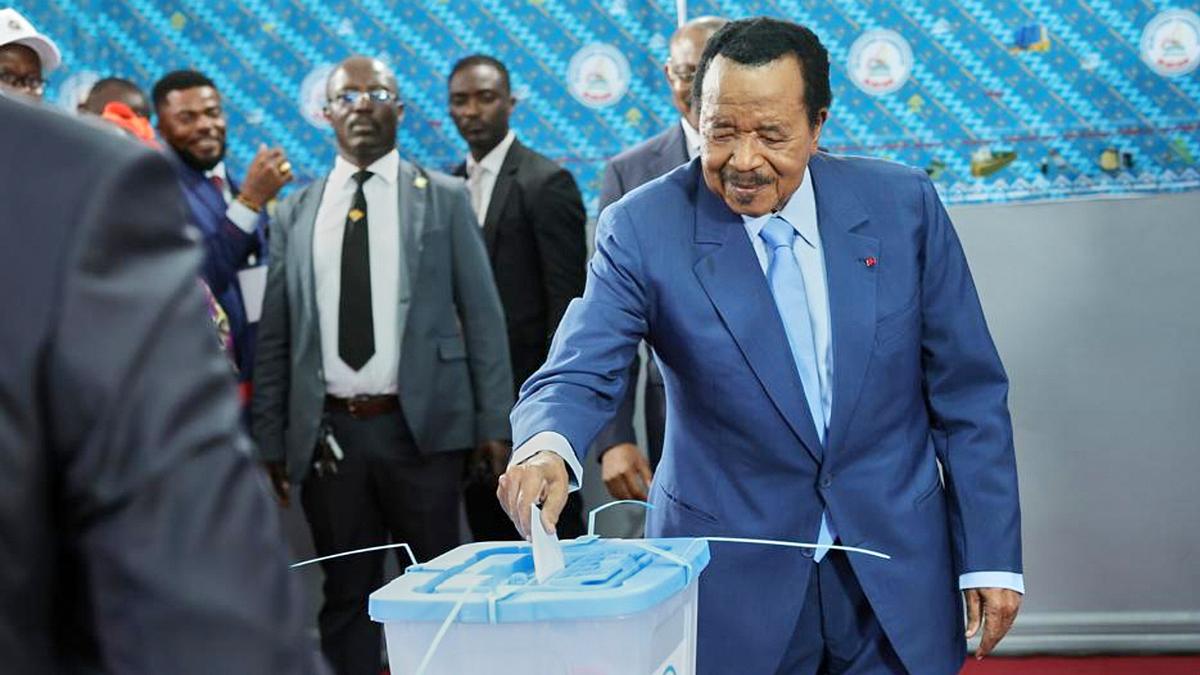
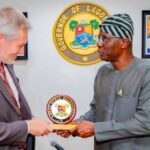

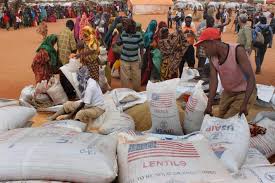


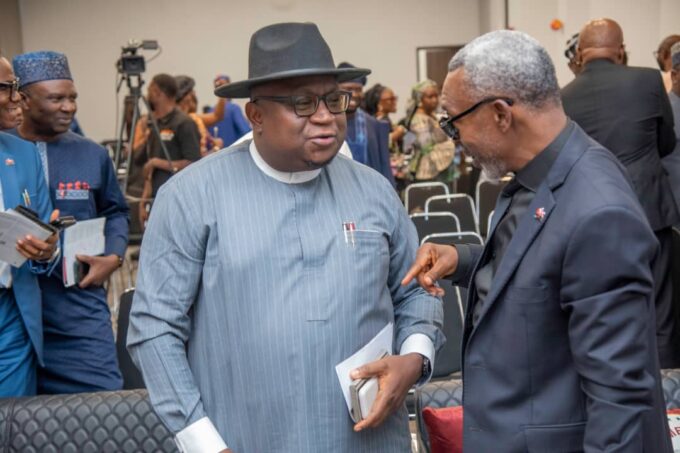


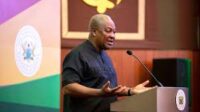
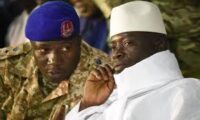
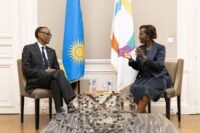
Leave a comment